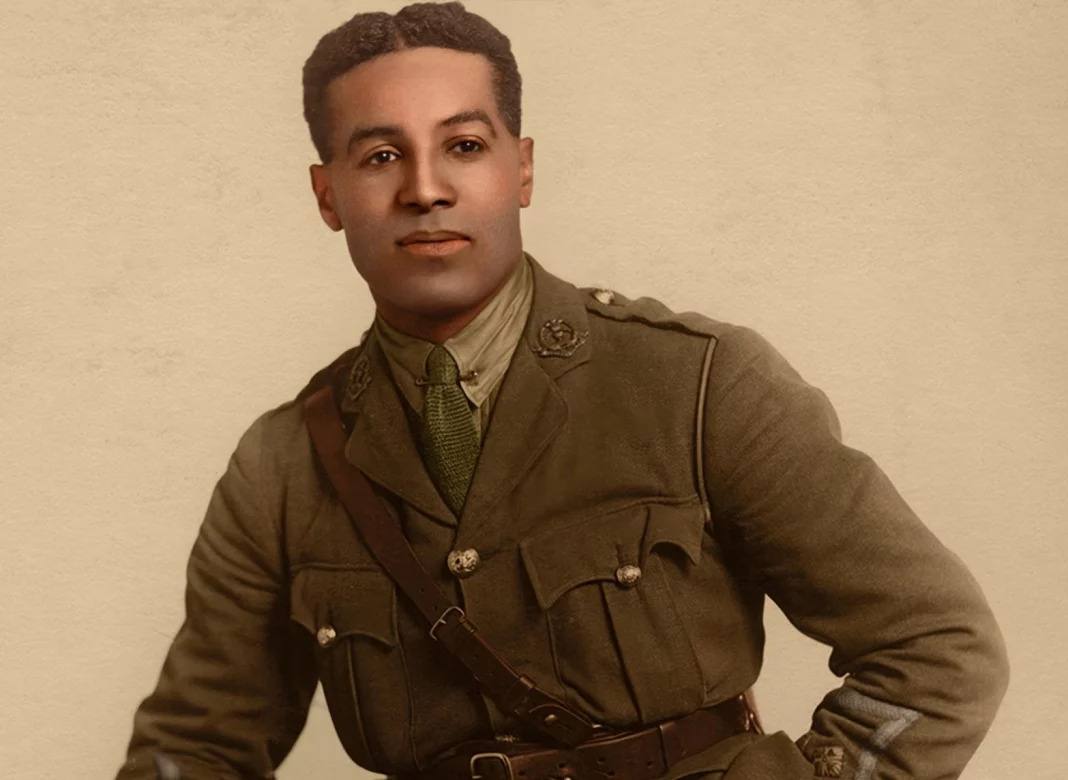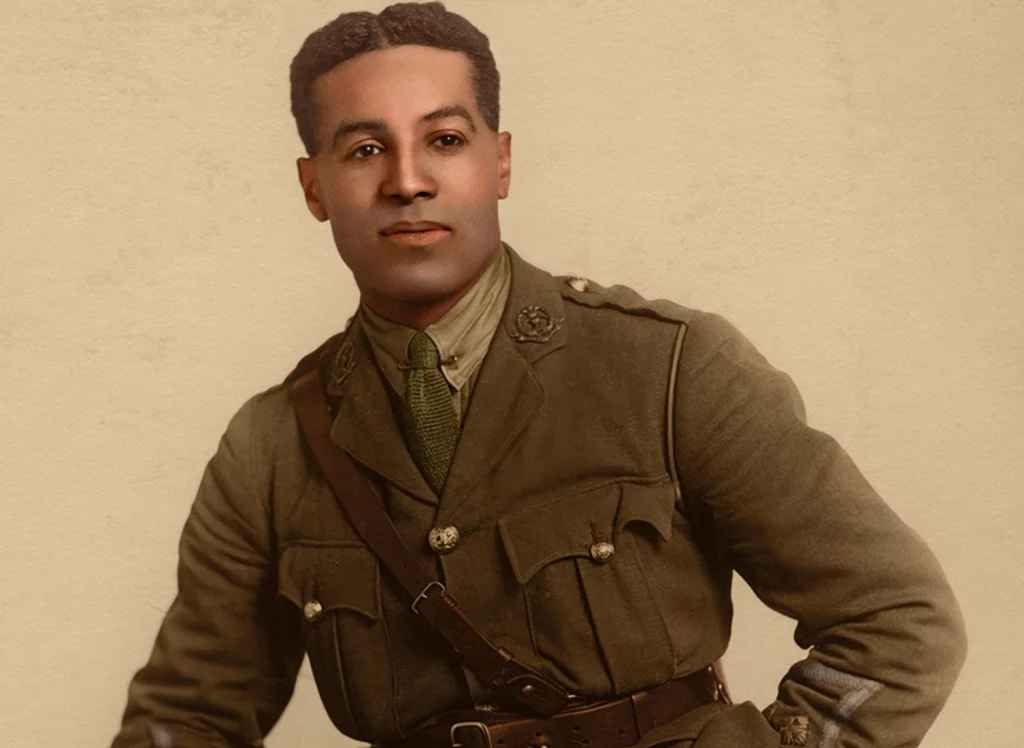
So What?
Walter Tull was the first man of colour within British football and the British army. Walter Tull fought against much adversity. He was the recipient of ‘appalling’ racial abuse, though he was considered a pioneer both within football and as a war hero.
Labour MP for Tottenham David Lammy stated that Tull’s life “serves as an inspiration to Britain’s black, Asian and minority ethnic communities” and “encapsulates what it means to be a Briton”. Despite increasing lobbying by MPs and the public to honour Tull’s contribution to British history, he has not received a military award.
Background
Walter Daniel John Tull was born on the 28th of April 1888 in Folkestone, Kent. His father, Daniel, was from Barbados and his mother, Alice, was from Kent. He was orphaned at ten years old and moved with his brother Edward to an orphanage in London. Whilst there, Tull joined the orphanage football team, where his skills quickly flourished.
Footballing Days
Walter first played for Clapton FC in 1908. Professional teams quickly recognised his talents; Tottenham Hotspur signed Walter Tull in 1909. Tull received a signing fee of £10 and a weekly wage of £4 a week, which was the maximum permitted pay at the time.
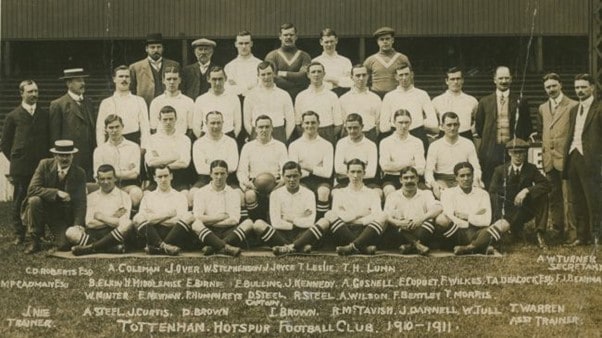
He was the first professional black football player out of over 600 players within UK professional leagues. Unfortunately, Tull was very well aware of his difference from the other players; he was subject to frequent racist abuse from Tottenham fans and their opposing sides.
However, Tull was a skilled player. Commentators noted that he was “so clean in his mind and method as to be a model for all white men who play football”. This solidified his status as a trailblazer within the sport.
In 1911, Herbert Chapman transferred Walter to Northampton Town, as he saw his potential as a critical player for the team. He quickly became a fan favourite at Northampton, playing over 110 games before the First World War.
The 1st Football Battalion
Walter Tull joined the 17th Middlesex Regiment in December 1914 following the outbreak of the First World War. This Battalion was explicitly designed as a ‘Pal Battalion,’ comprised exclusively of professional English footballers from multiple clubs.
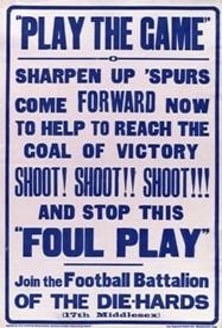
Walter Tull fought in this Battalion and was recognised for his skills and calmness under pressure. He had no disciplinary issues and adapted quickly to army life. Tull was briefly sent back to Britain in May of 1916 whilst suffering from ‘Shell Shock,’ which is today described as post-traumatic stress disorder.
Following his recovery, he returned to France to assist in the Battle of the Somme offensive.
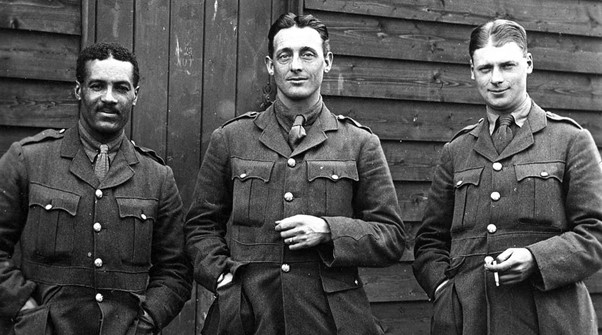
Commissioning
Walter Tull was commissioned as a Second Lieutenant of the 23rd Battalion of the Middlesex Regiment in 1917. At this time, the British Army did not allow people of colour to hold officer ranks. However, the army made an exception for Walter Tull. Therefore, Tull is widely believed to be the first man of Afro-Caribbean heritage to be commissioned within the British army.
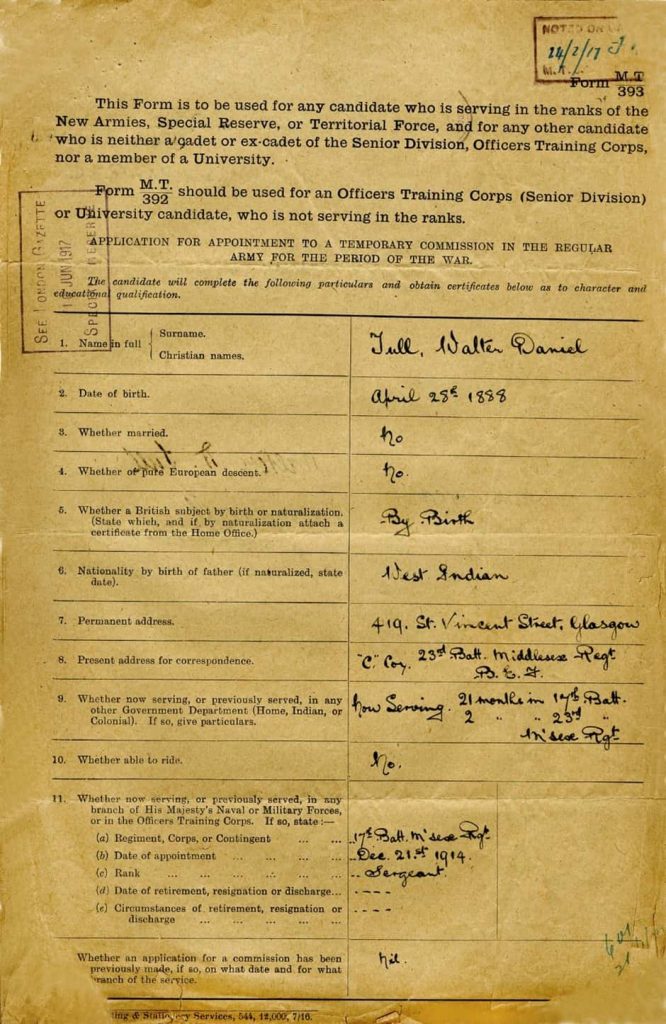
Tull was a natural leader with immense bravery during challenging military operations. His greatest strategic success was leading 26 men on a night raid into enemy territory, all of which returned unharmed. Major-General Sydney Lawford described his character with ‘gallantry and coolness.’
Tull died in action on the 25th of March 1918 during the second Battle of the Somme. Members of the Football Battalion attempted to find Tull whilst still under enemy fire to return him to Britain. However, the men were ultimately unsuccessful, they were unable to recover his body.
Conclusion
There is no doubt that Walter Tull was a trailblazer within football and a significantly skilled officer during the war effort. His determination to serve his teams and country helped change the perception of people of colour within both sport and the army.
As a result, Tull’s impact in challenging racial biases to overcome systemic and social barriers was significant and his legacy remains poignant.

